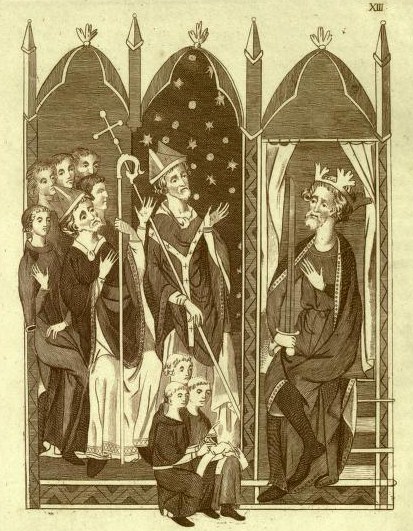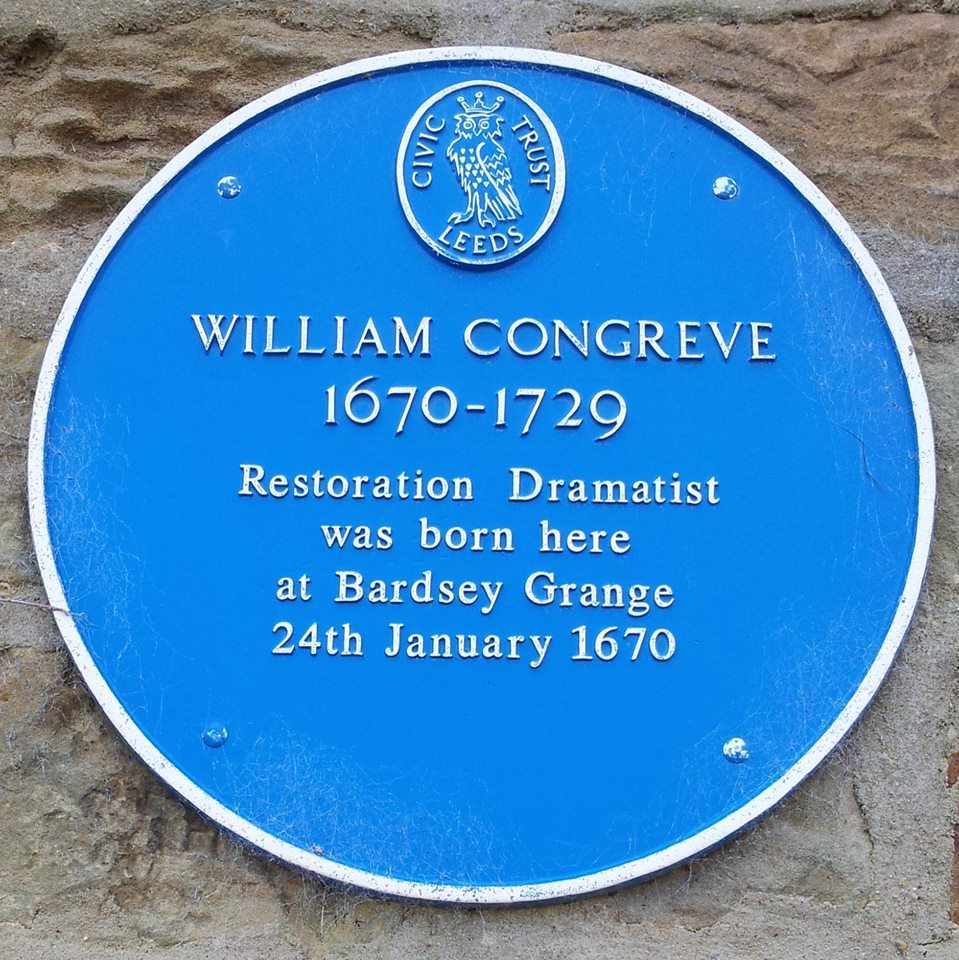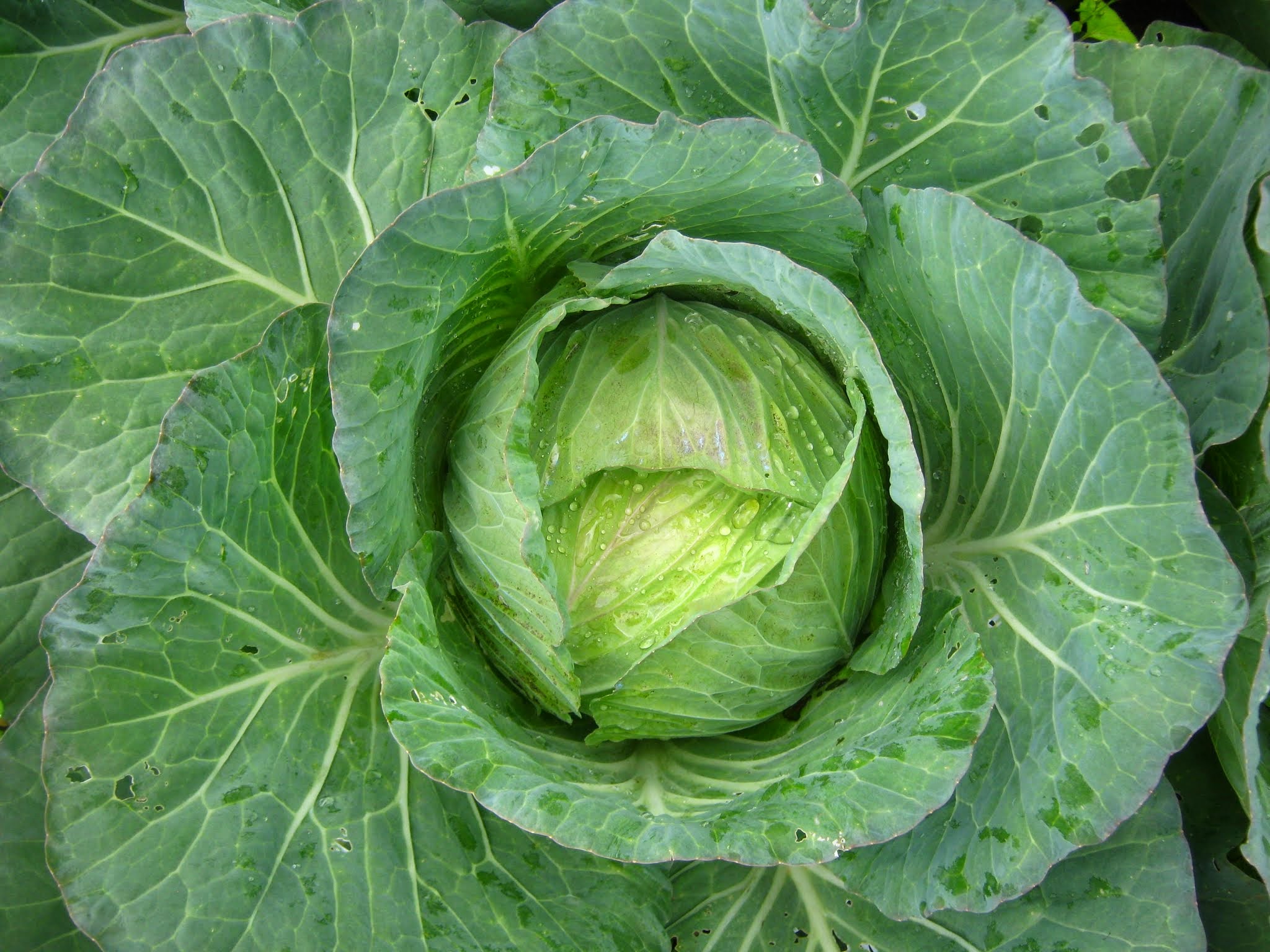|
Crambo
Crambo is a rhyming game which, according to Joseph Strutt (engraver and antiquary), Joseph Strutt, was played as early as the 14th century under the name of the ABC of Aristotle. It is also known as capping the rhyme. The name may also be used to describe a doggerel poem which exhausts the possible rhymes with a particular word. In the days of the Stuarts it was very popular, and is frequently mentioned in the writings of the time. Thus William Congreve (playwright), William Congreve's 1695 play ''Love for Love'', i. 1, contains the passage,"Get the Maids to Crambo in an Evening, and learn the knack of Rhyming." Etymology The name comes from the Latin ''crambe'' and Greek language, Greek κράμβη ''krámbē'', meaning "cabbage" (as in ''crambe repetita'' (Juvenal, satire 7, 154), literally meaning "re-stewed cabbage"). Hence the players started with a rhyme and then "re-stewed" it. [...More Info...] [...Related Items...] OR: [Wikipedia] [Google] [Baidu] |
James Boswell
James Boswell, 9th Laird of Auchinleck (; 29 October 1740 (New Style, N.S.) – 19 May 1795), was a Scottish biographer, diarist, and lawyer, born in Edinburgh. He is best known for his biography of his friend and older contemporary the English writer Samuel Johnson, which is commonly said to be the greatest biography written in the English language. A great mass of Boswell's diaries, letters and private papers were recovered from the 1920s to the 1950s, and their ongoing publication by Yale University has transformed his reputation. Early life Boswell was born in Blair's Land on the east side of Parliament Close behind St Giles' Cathedral in Edinburgh on 29 October 1740 (New Style, N.S.). He was the eldest son of a judge, Alexander Boswell, Lord Auchinleck, and his wife Euphemia Erskine. As the eldest son, he was heir to his family's estate of Auchinleck in Ayrshire. Boswell's mother was a strict Calvinist, and he felt that his father was cold to him. As a child, he was delica ... [...More Info...] [...Related Items...] OR: [Wikipedia] [Google] [Baidu] |
Charades
Charades (, ). is a parlor game, parlor or party game, party word game, word guessing game. Originally, the game was a dramatic form of literary charades: a single person would act out each syllable of a word or phrase in order, followed by the whole phrase together, while the rest of the group guessed. A variant was to have teams who acted scenes out together while the others guessed. Today, it is common to require the actors to mime their hints without using any spoken words, which requires some conventional gestures. Puns and visual puns were and remain common. History Literary charades A charade was a form of literary riddle popularized in France in the 18th century where each syllable of the answer was described enigmatically as a separate word before the word as a whole was similarly described. The term ''charade'' was borrowed into English from French in the second half of the eighteenth century, denoting a "kind of riddle in which each syllable of a word, or a complete ... [...More Info...] [...Related Items...] OR: [Wikipedia] [Google] [Baidu] |
Game
A game is a structured form of play (activity), play, usually undertaken for enjoyment, entertainment or fun, and sometimes used as an educational tool. Many games are also considered to be work (such as professional players of spectator sports or games) or art (such as jigsaw puzzles or games involving an artistic layout such as Mahjong, solitaire, or some video games). Games are sometimes played purely for enjoyment, sometimes for achievement or reward as well. They can be played alone, in teams, or online; by amateurs or by professionals. The players may have an audience of non-players, such as when people are entertained by watching a World Chess Championship, chess championship. On the other hand, players in a game may constitute their own audience as they take their turn to play. Often, part of the entertainment for children playing a game is deciding who is part of their audience and who is a player. A toy and a game are not the same. Toys generally allow for unrestr ... [...More Info...] [...Related Items...] OR: [Wikipedia] [Google] [Baidu] |
Joseph Strutt (engraver And Antiquary)
Joseph Strutt (27 October 1749 – 16 October 1802) was an English engraver, artist, antiquary, and writer. He is today most significant as the earliest and "most important single figure in the investigation of the costume of the past", making him "an influential but totally neglected figure in the history of art in Britain", according to Sir Roy Strong. Life and work Childhood Strutt was born at Springfield Mill in Chelmsford, Essex, the youngest son of Thomas Strutt and his wife Elizabeth (daughter of John Ingold, miller, of Woodham Walter, near Maldon, Essex) – the mill belonged to his father, a wealthy miller. When he was little more than a year old, his father died, leaving his mother to bring up him and his brother John – the latter, a year or two older, went on to become a physician in Westminster, London. Strutt was educated at King Edward VI Grammar school, Chelmsford (where there is a house named after him), and at the age of fourteen was apprenticed to the en ... [...More Info...] [...Related Items...] OR: [Wikipedia] [Google] [Baidu] |
Doggerel
Doggerel, or doggrel, is poetry that is irregular in rhythm and in rhyme, often deliberately for burlesque or comic effect. Alternatively, it can mean verse which has a monotonous rhythm, easy rhyme, and cheap or trivial meaning. The word is derived from the Middle English ''dogerel'', probably a derivative of ''dog''. In English it has been used as an adjective since the 14th century and a noun since at least 1630. Appearing since ancient times in the literatures of many cultures, doggerel is characteristic of nursery rhymes and children's song. Examples The Scottish poet William McGonagall (1825-1902) has become famous for his doggerel, which many remember with affection despite its seeming technical flaws, as in his poem "The Tay Bridge Disaster": Hip hop lyrics have also explored the artful possibilities of doggerel. . Chaucer's Tale of Sir Thopas is written in this format. It irritates the Host of The Tabard so much that he interrupts him and makes him tell a different ... [...More Info...] [...Related Items...] OR: [Wikipedia] [Google] [Baidu] |
Stuarts
The House of Stuart, originally spelt Stewart, was a royal house of Scotland, England, Ireland and later Great Britain. The family name comes from the office of High Steward of Scotland, which had been held by the family progenitor Walter fitz Alan (c. 1150). The name Stewart and variations had become established as a family name by the time of his grandson Walter Stewart. The first monarch of the Stewart line was Robert II, whose male-line descendants were kings and queens in Scotland from 1371, and of England and Great Britain from 1603, until 1714. Mary, Queen of Scots, was brought up in France where she adopted the French spelling of the name Stuart. In 1503, James IV married Margaret Tudor, thus linking the royal houses of Scotland and England. Elizabeth I of England died without issue in 1603, and James IV's great-grandson (and Mary's only son) James VI of Scotland succeeded to the thrones of England and Ireland as James I in the Union of the Crowns. The Stuarts were ... [...More Info...] [...Related Items...] OR: [Wikipedia] [Google] [Baidu] |
William Congreve (playwright)
William Congreve (24 January 1670 – 19 January 1729) was an English playwright and poet of the Restoration period. He is known for his clever, satirical dialogue and influence on the comedy of manners style of that period. He was also a minor political figure in the British Whig Party. Early life William Congreve was born in Bardsey Grange, on an estate near Ledston, West Riding of Yorkshire. Although Samuel Johnson disputed this, it has since been confirmed by a baptism entry for "William, sonne of Mr. William Congreve, of Bardsey grange, baptised 10 February 1669" .e. 1670 by the modern reckoning of the new year His parents were Colonel William Congreve (1637–1708) and Mary Browning (1636?–1715), who moved to London in 1672, then to the Irish port of Youghal. Congreve was educated at Kilkenny College, where he met Jonathan Swift, and at Trinity College Dublin. He moved to London to study law at the Middle Temple, but preferred literature, drama, and the fashionable l ... [...More Info...] [...Related Items...] OR: [Wikipedia] [Google] [Baidu] |
Latin
Latin (, or , ) is a classical language belonging to the Italic branch of the Indo-European languages. Latin was originally a dialect spoken in the lower Tiber area (then known as Latium) around present-day Rome, but through the power of the Roman Republic it became the dominant language in the Italian region and subsequently throughout the Roman Empire. Even after the fall of Western Rome, Latin remained the common language of international communication, science, scholarship and academia in Europe until well into the 18th century, when other regional vernaculars (including its own descendants, the Romance languages) supplanted it in common academic and political usage, and it eventually became a dead language in the modern linguistic definition. Latin is a highly inflected language, with three distinct genders (masculine, feminine, and neuter), six or seven noun cases (nominative, accusative, genitive, dative, ablative, and vocative), five declensions, four verb conjuga ... [...More Info...] [...Related Items...] OR: [Wikipedia] [Google] [Baidu] |
Greek Language
Greek ( el, label=Modern Greek, Ελληνικά, Elliniká, ; grc, Ἑλληνική, Hellēnikḗ) is an independent branch of the Indo-European family of languages, native to Greece, Cyprus, southern Italy (Calabria and Salento), southern Albania, and other regions of the Balkans, the Black Sea coast, Asia Minor, and the Eastern Mediterranean. It has the longest documented history of any Indo-European language, spanning at least 3,400 years of written records. Its writing system is the Greek alphabet, which has been used for approximately 2,800 years; previously, Greek was recorded in writing systems such as Linear B and the Cypriot syllabary. The alphabet arose from the Phoenician script and was in turn the basis of the Latin, Cyrillic, Armenian, Coptic, Gothic, and many other writing systems. The Greek language holds a very important place in the history of the Western world. Beginning with the epics of Homer, ancient Greek literature includes many works of lasting impo ... [...More Info...] [...Related Items...] OR: [Wikipedia] [Google] [Baidu] |
Cabbage
Cabbage, comprising several cultivars of ''Brassica oleracea'', is a leafy green, red (purple), or white (pale green) biennial plant grown as an annual vegetable crop for its dense-leaved heads. It is descended from the wild cabbage ( ''B. oleracea'' var. ''oleracea''), and belongs to the "cole crops" or brassicas, meaning it is closely related to broccoli and cauliflower (var. ''botrytis''); Brussels sprouts (var. ''gemmifera''); and Savoy cabbage (var. ''sabauda''). A cabbage generally weighs between . Smooth-leafed, firm-headed green cabbages are the most common, with smooth-leafed purple cabbages and crinkle-leafed savoy cabbages of both colours being rarer. Under conditions of long sunny days, such as those found at high northern latitudes in summer, cabbages can grow quite large. , the heaviest cabbage was . Cabbage heads are generally picked during the first year of the plant's life cycle, but plants intended for seed are allowed to grow a second year and must be ... [...More Info...] [...Related Items...] OR: [Wikipedia] [Google] [Baidu] |
Robert Burns
Robert Burns (25 January 175921 July 1796), also known familiarly as Rabbie Burns, was a Scottish poet and lyricist. He is widely regarded as the national poet of Scotland and is celebrated worldwide. He is the best known of the poets who have written in the Scots language, although much of his writing is in a "light Scots dialect" of English, accessible to an audience beyond Scotland. He also wrote in standard English, and in these writings his political or civil commentary is often at its bluntest. He is regarded as a pioneer of the Romantic movement, and after his death he became a great source of inspiration to the founders of both liberalism and socialism, and a cultural icon in Scotland and among the Scottish diaspora around the world. Celebration of his life and work became almost a national charismatic cult during the 19th and 20th centuries, and his influence has long been strong on Scottish literature. In 2009 he was chosen as the greatest Scot by the Scottish pub ... [...More Info...] [...Related Items...] OR: [Wikipedia] [Google] [Baidu] |
Karl Marx
Karl Heinrich Marx (; 5 May 1818 – 14 March 1883) was a German philosopher, economist, historian, sociologist, political theorist, journalist, critic of political economy, and socialist revolutionary. His best-known titles are the 1848 pamphlet ''The Communist Manifesto'' and the four-volume (1867–1883). Marx's political and philosophical thought had enormous influence on subsequent intellectual, economic, and political history. His name has been used as an adjective, a noun, and a school of social theory. Born in Trier, Germany, Marx studied law and philosophy at the universities of Bonn and Berlin. He married German theatre critic and political activist Jenny von Westphalen in 1843. Due to his political publications, Marx became stateless and lived in exile with his wife and children in London for decades, where he continued to develop his thought in collaboration with German philosopher Friedrich Engels and publish his writings, researching in the British Mus ... [...More Info...] [...Related Items...] OR: [Wikipedia] [Google] [Baidu] |

.jpg)






